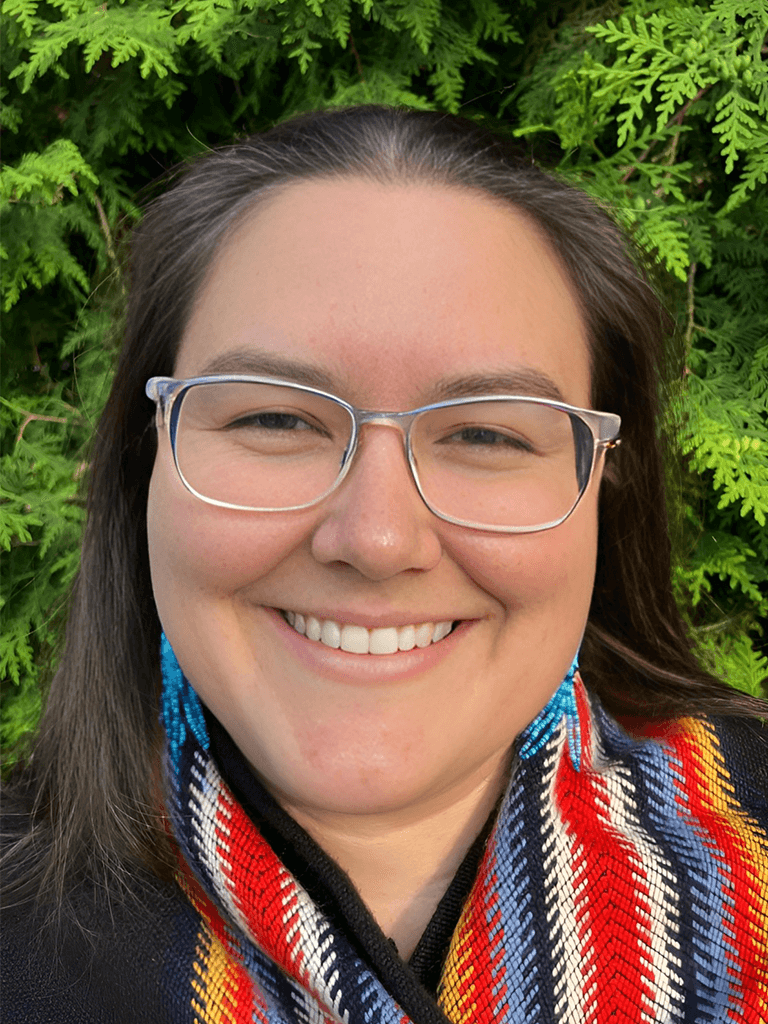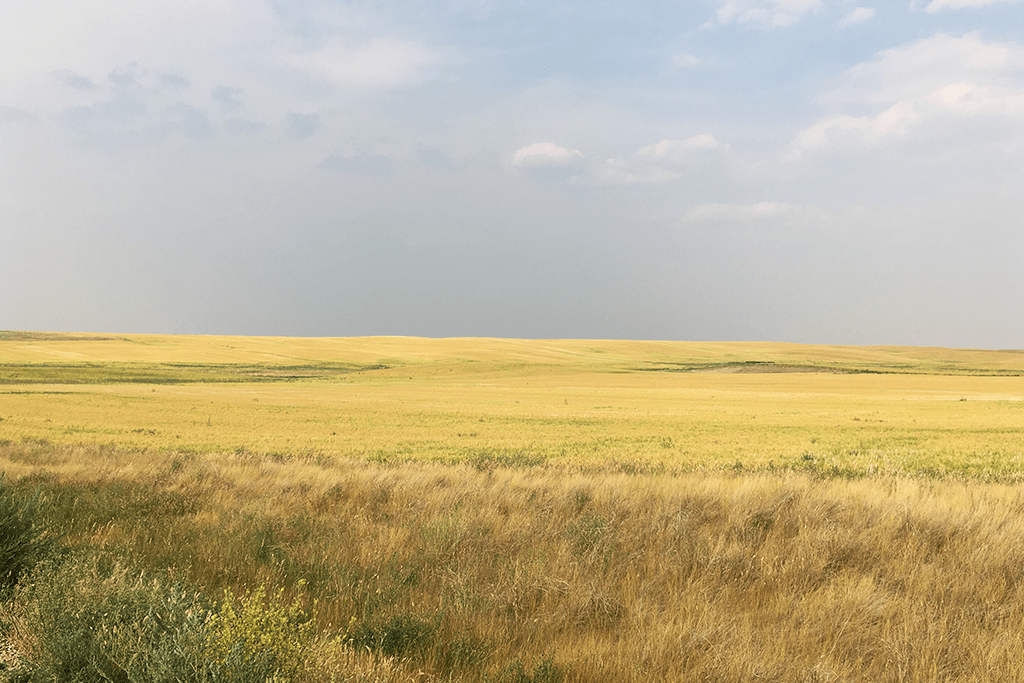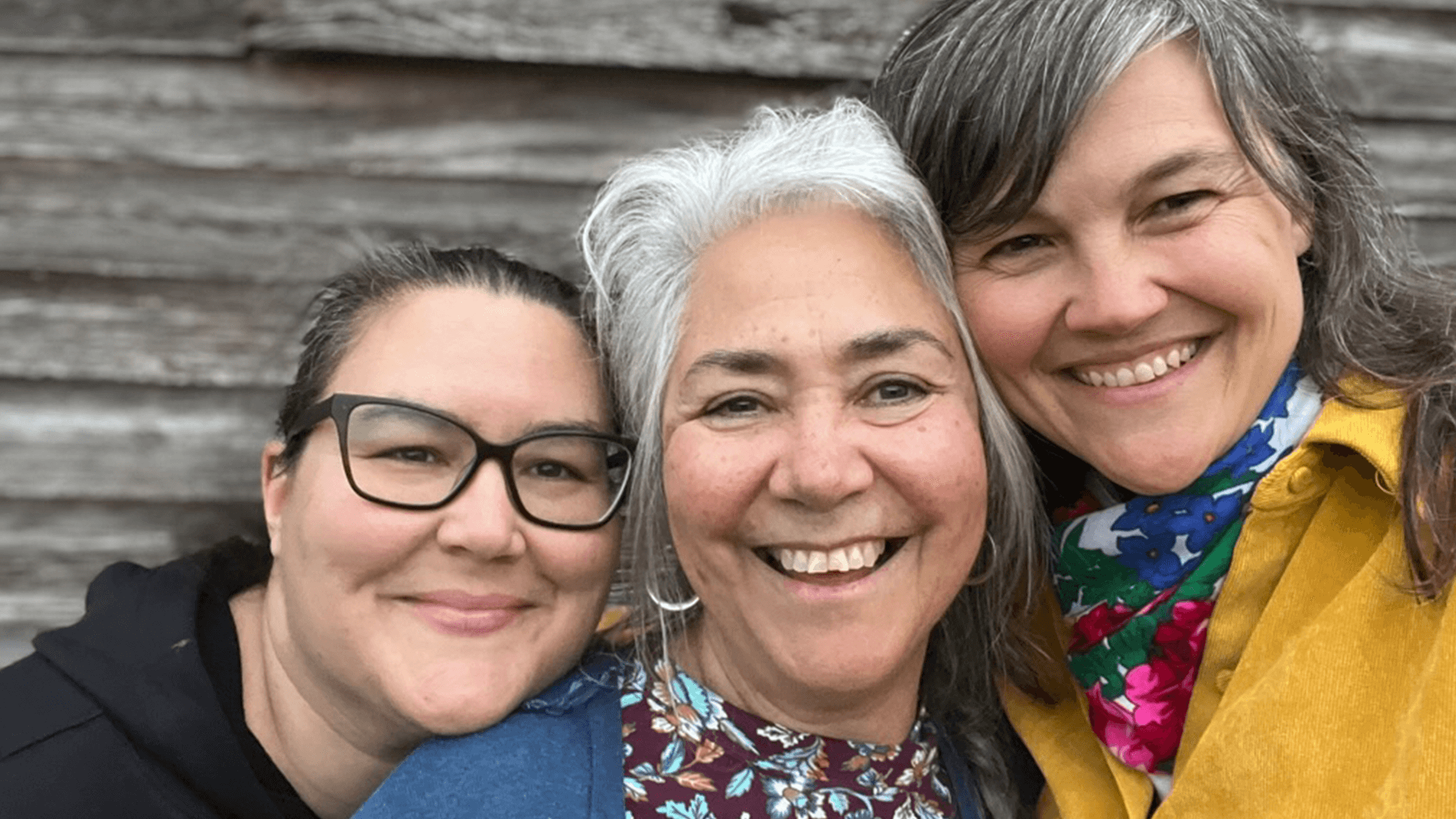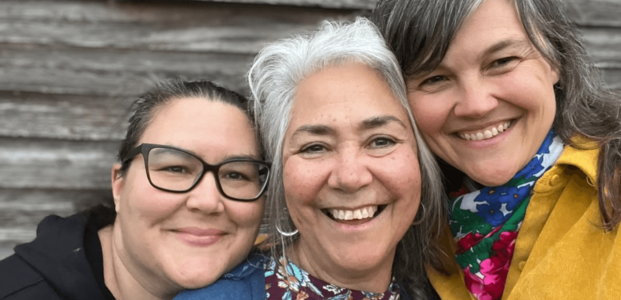Name
sâpwâpahpâm nipiy iskwew
Woman Who Sees Through Water
Tribal Nation
Métis
Advocate

A mother of three and Métis midwife, Cheryllee Bourgeois is rooted in her homelands of the Red River (now known as Winnipeg, Manitoba). Cheryllee descends from a large French Michif-speaking extended family with connections to the Red River area. Her father’s grandparents, Sarah and Augustin Carriere, participated in the Red River Resistance of 1869. They are listed in The Genealogy of the First Métis Nation: The Development and Dispersal of the Red River Settlement, 1820-1900 (D.N. Sprague and R.P. Frye). She lives in Tkaronto (Toronto) today.
Cheryllee was born and raised in British Columbia. Her childhood summers were spent traveling, camping in the bush, or visiting family in the Métis homelands across the prairies. She was often surrounded by relatives who came to stay in her family home, some during their pregnancies. Raised to be a helper, Cheryllee spent time in the kitchen with aunties while they peeled potatoes and traded old family stories.
As a teen, Cheryllee was a registered Métis Nation British Columbia member and a founding BC United Métis Youth Circle member in the late 90s. Her family experiences and exposure to nation-building greatly influenced her later work. She carried this understanding of governance into her Indigenous midwifery journey, establishing meaningful relationships with Métis and other Indigenous midwives and teachers. Confident in her Métis identity, Cheryllee helped establish two Indigenous-led urban organizations: Seventh Generation Midwives Toronto and the Toronto Birth Centre. Her work at Call Auntie Clinic focuses on providing low-barrier sexual and reproductive midwifery care to Indigenous relatives who would not normally access healthcare.
Cheryllee has had the privilege of advocating for the decriminalization and recognition of Indigenous midwives. She has been a strong voice for this cause as a keynote speaker at the International Congress of Midwives regional Americas conference in Paraguay and the United Nations Permanent Forum on Indigenous Issues.




